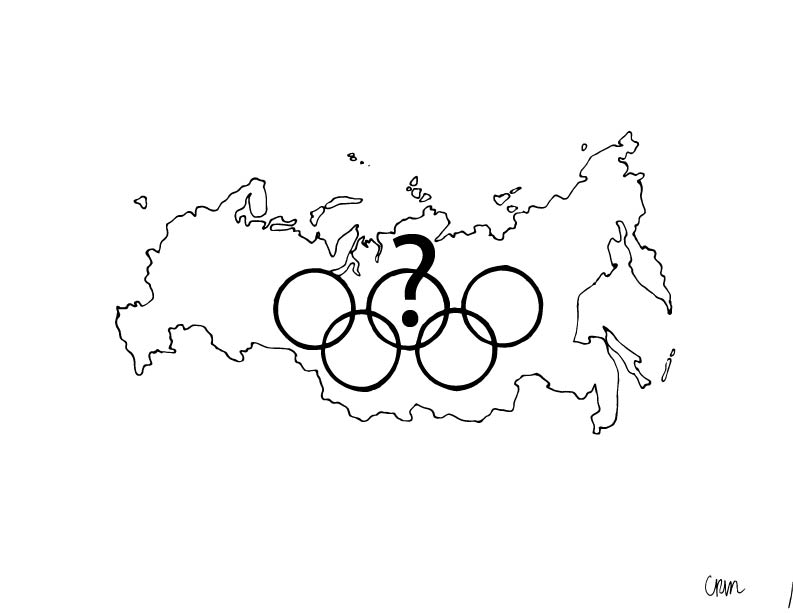Russia, Korea stir pre-Olympic talk
January 22, 2018
The 2018 Olympic Winter Games in Pyeongchang, South Korea, will run from Feb. 9 to Feb. 25, with an estimated 90 countries participating in 102 events. The athletes eye an Olympic gold while the countries around the world are also keeping a close watch — but instead focusing on the actions of the major players in the political game: Russia and North Korea.
On Dec. 5, the International Olympic Committee (IOC) banned Russian athletes from competing based on illegal drug use allegations from the World Anti-Doping Agency (WADA). Following Russia’s relatively low 15 medals at the 2010 Vancouver Winter Olympics, the Russian administration employees began reporting its athletes’ doping positives as negatives. These allegations have followed the nation for eight years and reached a breaking point after an investigation into the state-sponsored doping at the 2014 Games in Russia.
This punishment came at the completion of a 17-month-long investigation held by the IOC disciplinary commission. The committee concluded that during the 2014 Sochi Games, the director of the anti-doping laboratory, Grigory Rodchenkov, gave Russian athletes substances to enhance their performance and switched urine samples to avoid detection.
With this ban, any athlete cleared as clean can still participate under the title “Olympic athlete from Russia.” The Russian flag will not be flown, and the Olympic anthem will be played in place of the Russian national anthem.
The idea of compromise is unappealing to some Mounds View students. Emma Patty, 11, holds an opinion that closely mirrors the thoughts of the IOC to ban any athlete that tests positive for performance enhancing drugs. “[The IOC should] disqualify the athlete; it’s the Olympics, and it’s a huge deal. People worked so hard to get there — it’s their whole life,” said Patty. Patty also suggests a “one strike and you’re out” policy. With this idea, any athlete proved to have used prohibited drugs will not be able to compete in any other future Olympics.
Fewer than 50 miles from the Olympic village lies the Korean Demilitarized Zone. Although invited to participate in the Pyeongchang Olympics, the North Korean National Olympic Committee missed the Oct. 30 registration deadline for figure skaters Ryom Tae-ok and Kim Ju-sik, who qualified for spots in the Olympics earlier in 2017. Nevertheless, South Korean President Moon Jae-in encouraged North Korea to take part in the Games, in hopes of easing military tensions and encouraging more unity and peaceful relations.
Representatives from the two Northeast Asian countries held a meeting for the first time in two years on Jan. 9 in Panmunjom, a village near the North and South Korean border. The conversation led to North Korea’s decision to send their athletes to participate in the Olympics.
At the meeting, North Korea did not discuss nuclear power or plans, but the country informed that their weapons were aimed at the United States, not South Korea.
There is debate among Mounds View students over whether North Korea should be allowed to participate in the Olympics this year. Lukas Hessini, 11, believes that North Korea should not take part in the Games. “I’d feel bad for the [North Korean] athletes because they trained so hard,” said Hessini. “But they have a rogue leader that’s a threat to the world. North Korea not being invited to the games might send a message to Kim Jong-un about how the world views him.” Others believe that North Korea’s participation could bring forth peace. “I don’t see an issue in it. If [North Korea’s] there, that probably lessens the threat of some sort of violence against other teams,” said Vicky Li, 11.
The amalgam of political disputes has plagued news headlines for the past several months. The Russian doping allegations have caused controversy for the Games by allowing their athletes to consume performance-enhancing substances, which led to the country’s ban from Pyeongchang. As for North Korea, although military tensions still exist between the dictatorship and the rest of the world, steps of progress have been made toward rebuilding their relationship with South Korea. With the build up of political games in the upcoming weeks, the Olympic Games are sure to be a competition of both political and athletic prowess.






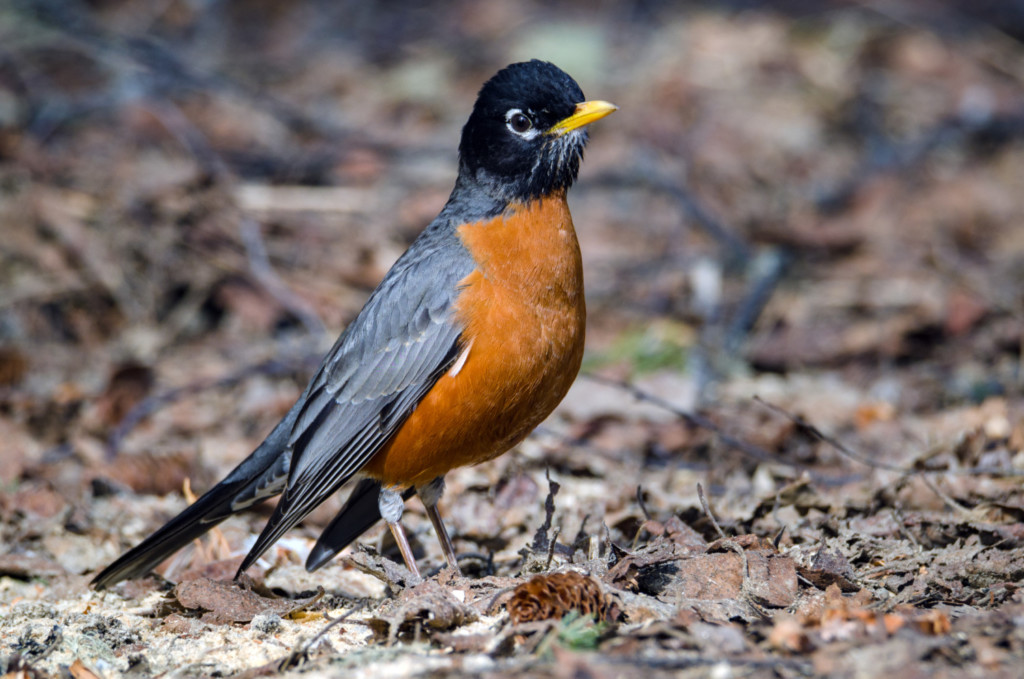







![[DEBATES] Prestigious colleges: value or hype?](https://www.mvviewer.org/wp-content/uploads/2024/12/buildings-1200x654.png)




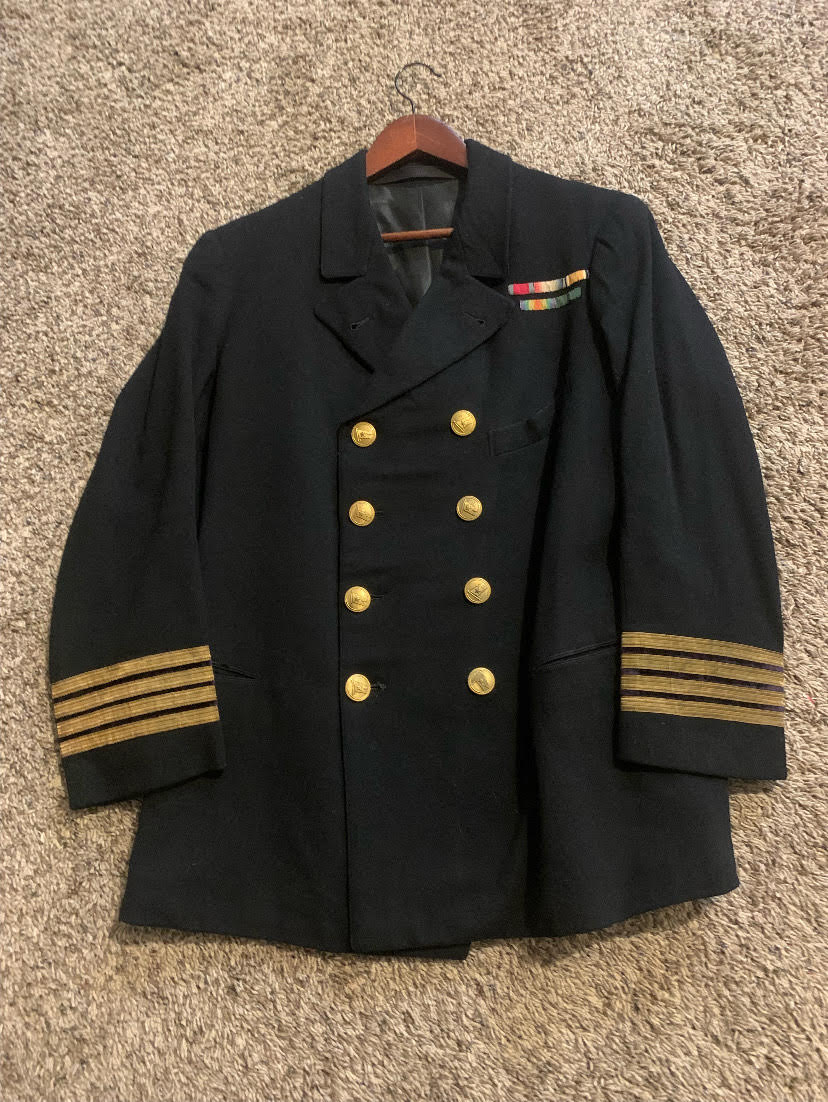

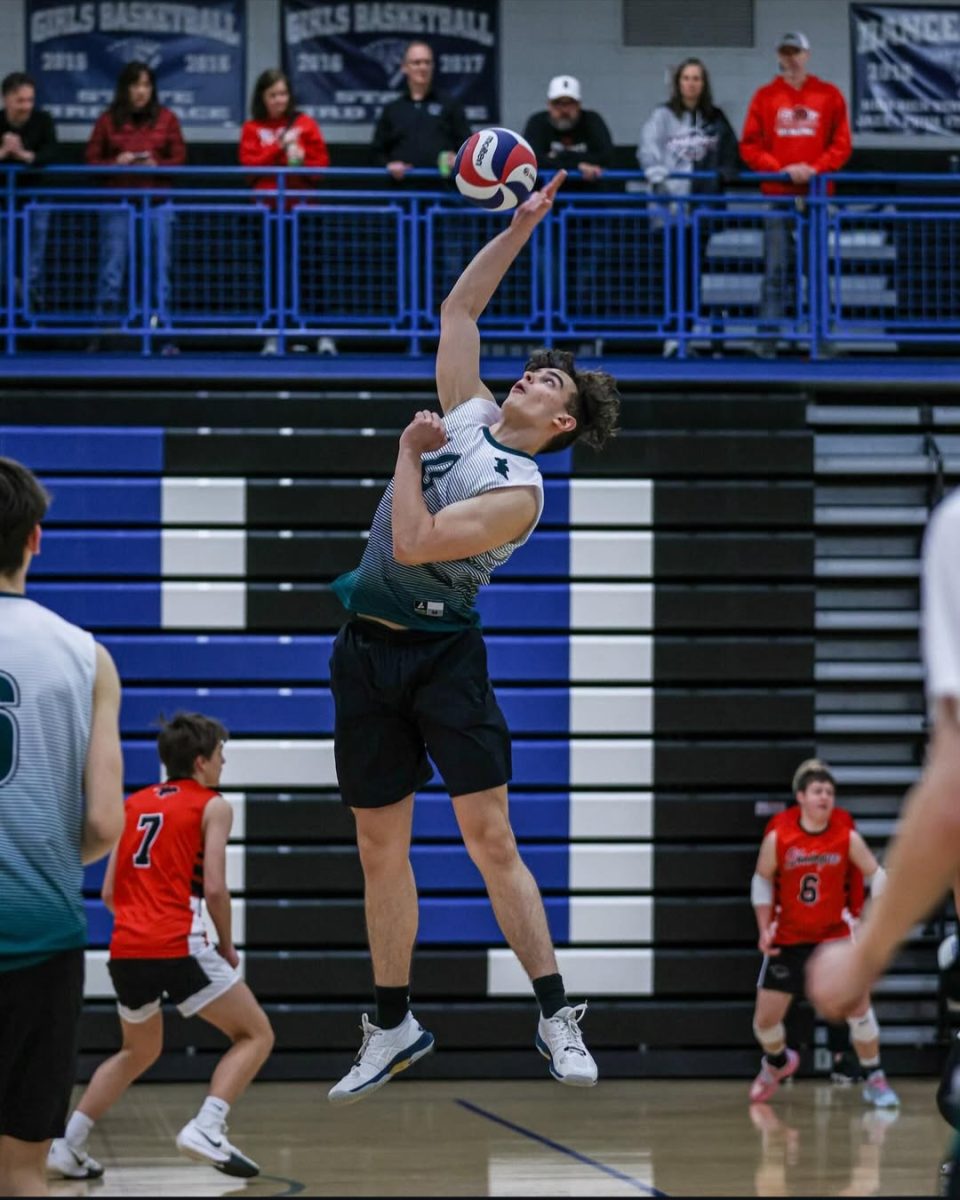
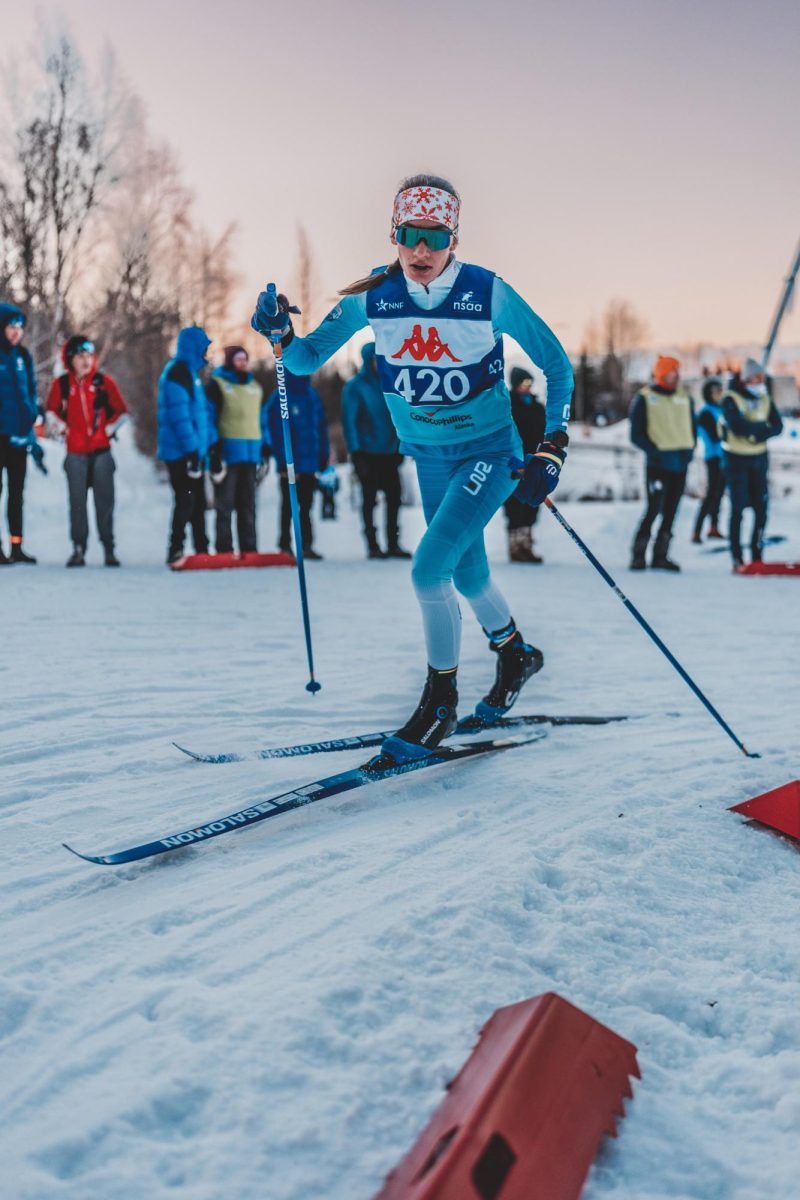



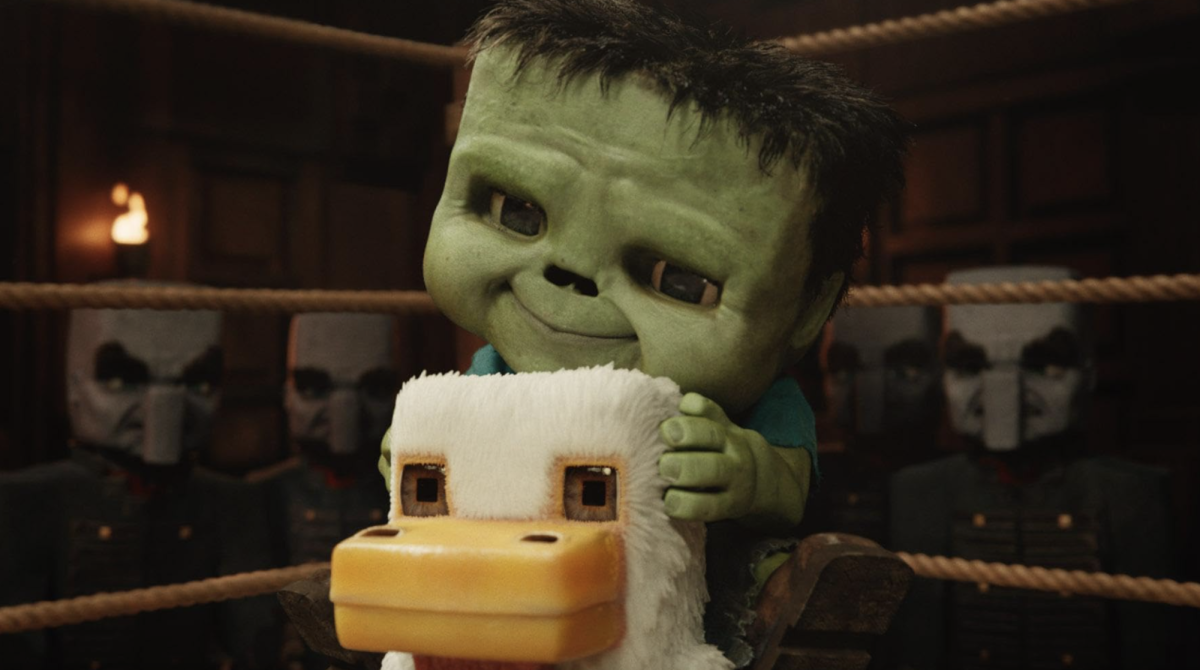



















![[OPINION] The dark origins of TikTok's looksmaxxing trend](https://www.mvviewer.org/wp-content/uploads/2024/02/Copy-of-Copy-of-Untitled-Design-1200x675.png)








